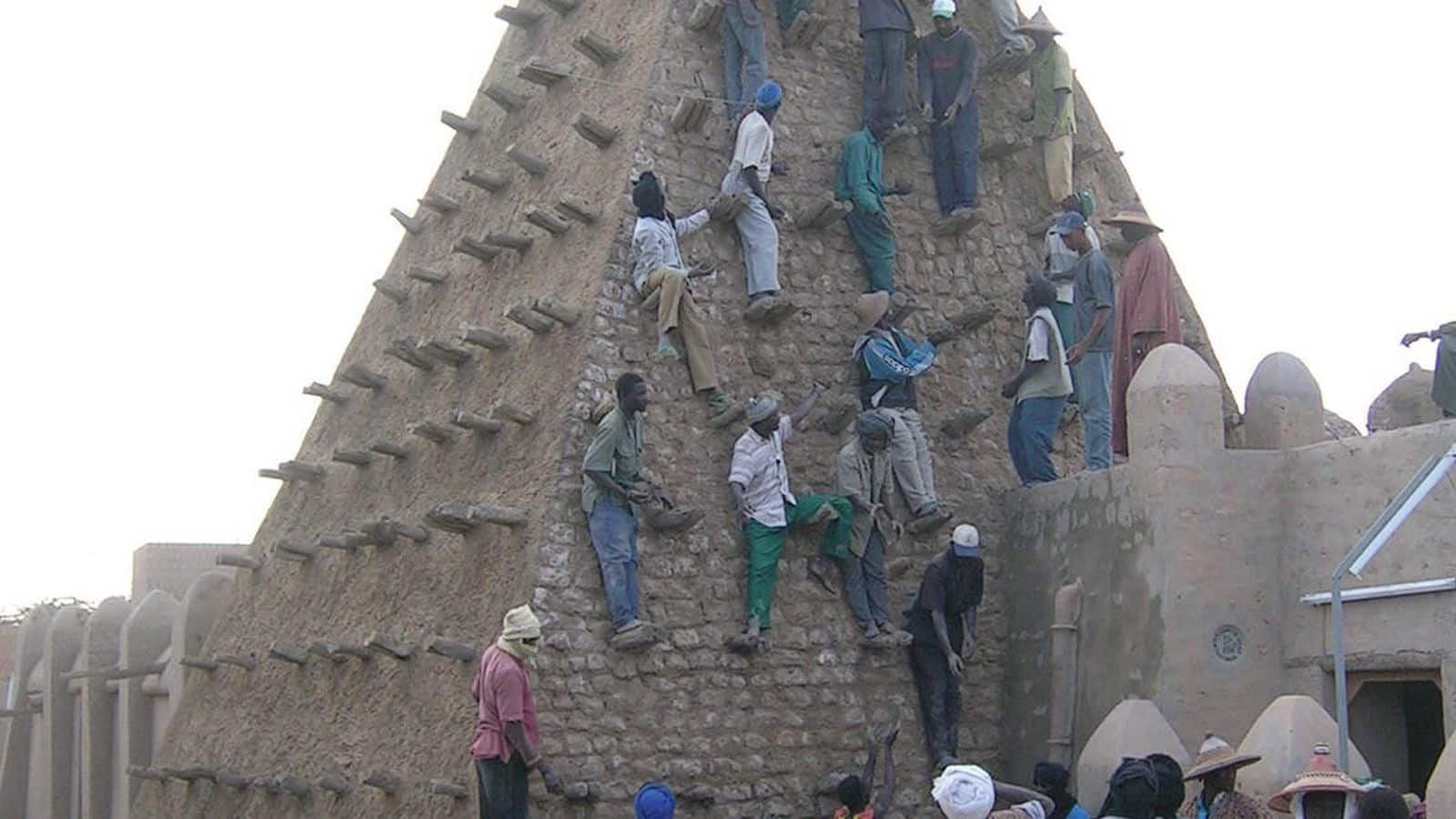
Take a journey through time and culture in Timbuktu, Mali
What's the story
Timbuktu, positioned in Mali, West Africa, is steeped in a rich tapestry of legends and a storied past. This former thriving center of commerce and intellectual exchange now invites modern travelers to step back in time. Home to treasured ancient manuscripts, architecturally significant mosques, and the expansive Sahara, Timbuktu offers a cultural journey that is both unique and profound.
Manuscripts
Explore ancient manuscripts
The Ahmed Baba Institute is home to thousands of ancient manuscripts that date back several centuries. These texts cover topics from science to philosophy. Visitors can take guided tours to learn about the preservation efforts and the historical significance of these documents. It's a rare opportunity to see firsthand how knowledge was shared across continents long ago.
Mosques
Visit historic mosques
Timbuktu is famous for its three large mosques: Djinguereber, Sankore, and Sidi Yahia. Built from mud-brick in distinctive Sahelian architecture, these UNESCO World Heritage sites are not just places of worship but also symbols of the city's golden age as an Islamic learning center. While access inside might be restricted for non-Muslims, their impressive exteriors offer plenty of exploration opportunities.
Desert
Experience desert life
A journey to Timbuktu is incomplete without embracing the Sahara Desert's immensity. Camel treks are a favorite for visitors eager to see the stunning sunsets cresting the dunes or to experience a tranquil night beneath the starry sky at a desert camp. This adventure offers a serene escape and a bond with the natural world, far from the bustle of modern existence.
Culture
Engage with local culture
Engage with the Tuareg people to understand their nomadic ways and deep-rooted customs. A visit to bustling local markets or vibrant cultural festivals offers a glimpse into the everyday life of Timbuktu. These interactions are not only culturally enriching but also support the community. Purchasing local handmade crafts is a way to appreciate and sustain Timbuktu's artistic legacy.